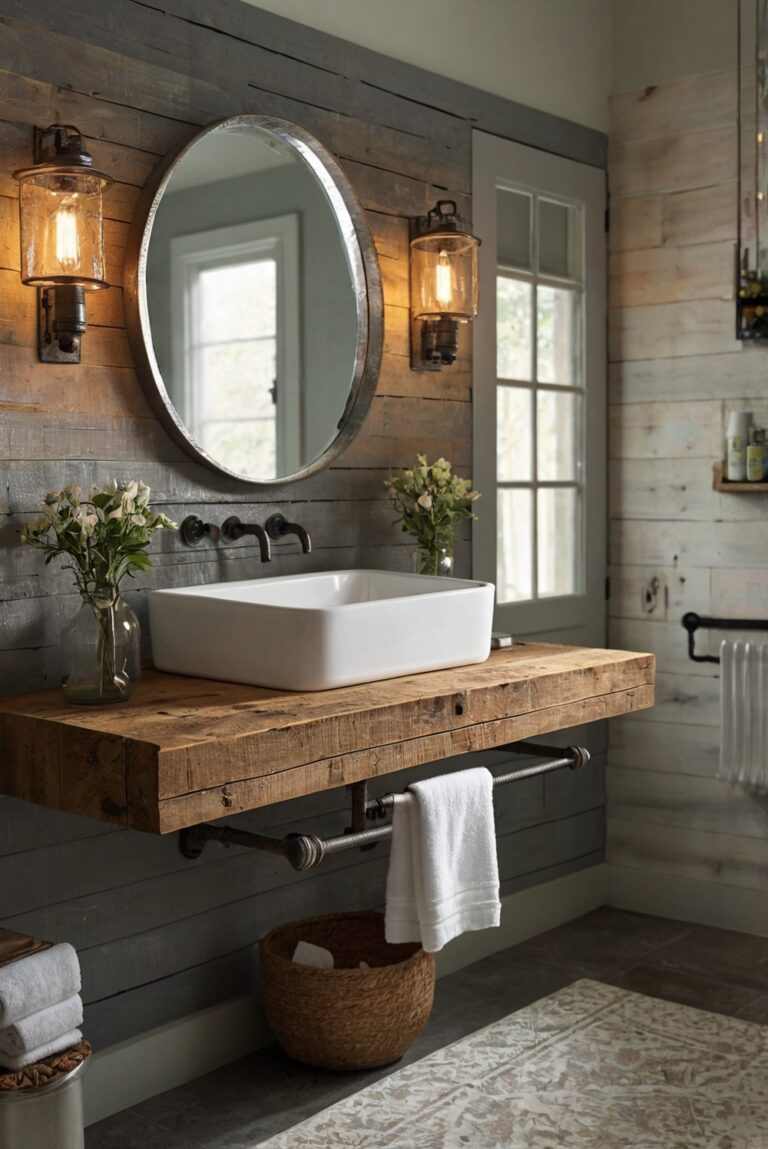“Daily interior designer routine: Addressing the question, is not letting a child go to the bathroom illegal? Explore the legal and ethical implications in this insightful post.”
‘Is Not Letting a Child Go to the Bathroom Illegal’
Answer:
Not allowing a child to use the bathroom can be considered neglect and might raise concerns about the child’s well-being. In terms of home interior design, it’s crucial to create child-friendly spaces that accommodate their needs, including easy access to bathrooms. Parents should prioritize safety and comfort when designing interiors, especially for areas like the bedroom, kitchen, and living room. Proper space planning ensures that every area is functional and suitable for all family members. When choosing wall paints and colors, consider using child-safe materials and opt for durable options to withstand wear and tear.
Is Not Letting a Child Go to the Bathroom Illegal?
In some cases, not allowing a child to use the bathroom can be considered illegal, especially if it leads to physical or emotional harm. Denying a child the basic human need to use the restroom can have serious consequences and may even be considered a form of child abuse or neglect.
Importance of Allowing Children to Use the Bathroom
It is essential to recognize that children have biological needs that must be met, including the need to use the bathroom. Holding in urine for extended periods can lead to urinary tract infections, kidney problems, and other health issues. Additionally, denying a child access to the restroom can cause emotional distress and feelings of shame or embarrassment.
Legal Implications of Not Allowing a Child to Use the Bathroom
While there may not be specific laws that address this issue directly, child welfare laws generally require parents and caregivers to provide for a child’s basic needs, including access to the bathroom. Failure to do so could result in legal action, such as charges of neglect or endangerment.
Consequences of Not Allowing a Child to Use the Bathroom
Parents or caregivers who consistently deny a child access to the bathroom may face consequences such as intervention by child protective services, legal action, or even the removal of the child from the home. It is important to prioritize a child’s well-being and ensure that their basic needs are met at all times.
Seeking Help and Advocating for Children’s Rights
If you believe that a child is being denied access to the bathroom or any other basic need, it is crucial to speak up and seek help. Contacting child protective services, a school counselor, or a trusted authority figure can help ensure that the child’s rights are protected and that appropriate action is taken to address the situation.







